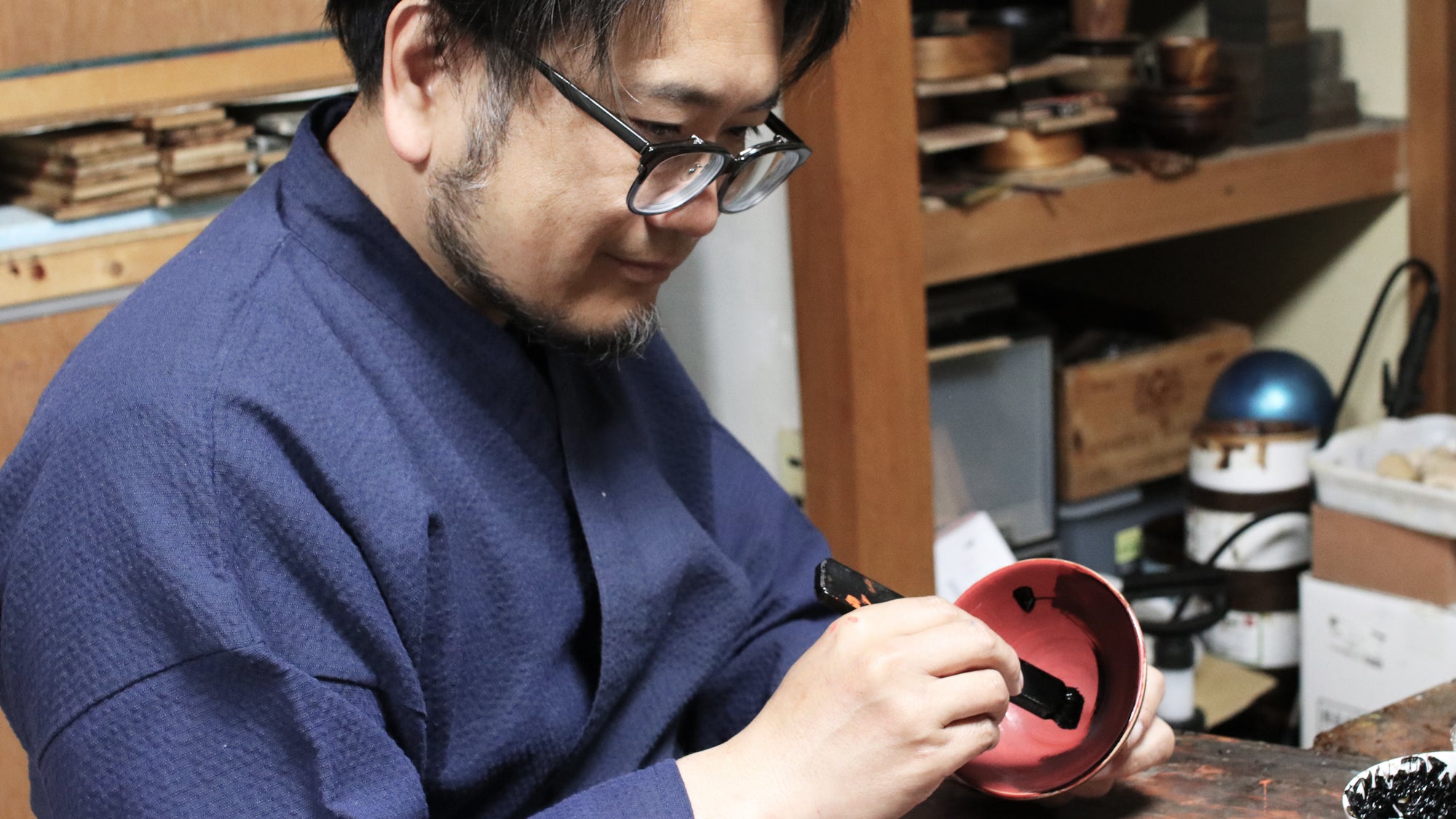
Interview with Mr. Kota Matsumoto -Representative of Sanuki Urushi Sinra
Written by Team MUSUBI
Sinra's lacquerware occupies a distinctive position within our Musubi collection. It resonates with modern lifestyles by infusing a unique flair into traditional techniques, yielding pieces that exude both contemporary style and elegance.
Sinra's unique approach of blending "Aji" stone powder with lacquer culminates in a unique texture. This texture embodies a raw allure, setting it apart in the landscape of lacquer crafts.
We interviewed Mr. Kota Matsumoto, founder of Sinra, to know more about the source of Sinra's designs, the crafting of them, as well as about his personal artwork which are also very unique.
table of contents
The Birth of Sinra
Mr. Matsumoto graduated from the Lacquerware course at Takamatsu Arts High School and further studied this craft under Master Masami Isoi, who was given the title of Holder of Important Intangible Cultural Heritage. At 32, he was the youngest ever to receive Honorable Mention at the Japan Kogei Association (The Association of Japanese Crafts). He gradually gained experience and recognition, such as receiving the Kagawa Prefecture Arts and Culture Prize for New Artists, and finally founded Sinra in 2012. We first asked him the story behind beginning his own workshop.

"When I was involved as one of the central members of the Setouchi International Art Festival, I had the chance to converse with younger lacquerware artists. They were all very passionate about this art but were worried about how to make ends meet. I was also no different to some extent, but I was fortunate to have studied under a master who was a Holder of Important Intangible Cultural Heritage, which helped me a lot. I didn't want the young artists to lose hope. So, I made use of my skill and ideas, as well as my connections in the art world, to found Sinra as a place where young artists can feel freer to create, while I take the commercial and financial responsibilities."
Mr. Matsumoto pursues the art of Kagawa Lacquerware and protects their artists, but at the same time wishes to support individual expressions that these artists are aspiring for. As a result of this, as is the tradition of Kagawa Lacquerware, each artist is responsible for the whole process of the making, there is no assembly, and everybody proceeds with working on what they need to do.
The Hurdles in Modernizing Lacquerware
Mr. Matsumoto strongly feels that more people should use lacquerware from a young age for the future of Kagawa Lacquerware tradition. But in order to encourage this it is vital that lacquerware products adapt to modern lifestyles.
Perhaps people nowadays think of lacquerware as generally expensive and old-fashioned, making it something less familiar. What are the difficulties you face when making your products?
"Yes, I also feel this is happening. Since almost no one lives in a purely Japanese style house nowadays, we are working on making products that will go well with Western style houses. Preserving traditional qualities and aspiring to create lacquerware that fits with modern tableware. We visit department stores, furniture expositions, and various modern houses to find out how our lacquerware can look good there. We are trying to find a good balance between tradition and modernity."
Sources of Inspiration

"I once had a very exciting experience as a child when I first saw "Kofun"(ancient royal tombs) in Japan. Although they were built in ancient times, it felt as if I was witnessing the daily life of these ancient people. The Zoukoku series was born with the intention to create something that is timeless, which could leave an impression on people beyond our own age. The process involves making a clay-like mixture from lacquer and Aji stone powder, which is native to Kagawa Prefecture, and applying it to the wood. However, this procedure is quite intricate. After several trials, my recipe of the clay succeeded in giving strength and solidness."

Mr. Matsumoto says he also draws inspiration from his atelier which is full of nature, giving its delight according to the four seasons. Getting in touch with nature from time to time is a good refreshment. He says nature often taught him many things. And lastly, he mentioned how friendly chatters with his fellow staff could be his most important source of inspiration.
Two Worlds, One Creator
Apart from the products at Sinra, Mr. Matsumoto also creates his own work, and holds exhibitions of them.
When I saw your artwork on Instagram, I had the strong impression of witnessing a strong spiritual and artistic core. Do you have any common beliefs that you keep in mind across all your artwork?



"I place a wooden board in front of me, run a pencil directly over it, and visualize the shape. Then, while carving with a chisel, I explore the shape. After applying the lacquer, I leave the pattern in front of me for a while, carving and expressing the pattern that appears there. The same applies to Sinra's products, I do the same when contemplating them."

"To put it simply, my artwork is for myself, and the works for Sinra are for the happiness of those who chose to have them. I think it is important in life to both live for yourself, and also for others. I think this belief is expressed in my very career in craftsmanship. Making your own artwork has the joy of expressing your constantly changing ideas, and finally giving them shape. Sometimes, after the creation I have regrets and self-criticisms, but this is something you can improve on in the next creation."
"On the other hand, the goal of the work at Sinra is to satisfy the clients, so the pieces must be perfect as much as possible. I want to avoid having any regrets or self-doubts about the work, so I become very careful. Before a design is commercialized, we make the lacquerware for all our staff, and we all use them for six months. By doing so we can have a grasp of its durability, and also new ideas for the next product. We always try to make products that are very functional and have a sense of surprise to the clients."
Mr. Matsumoto's Lacquerware Odyssey



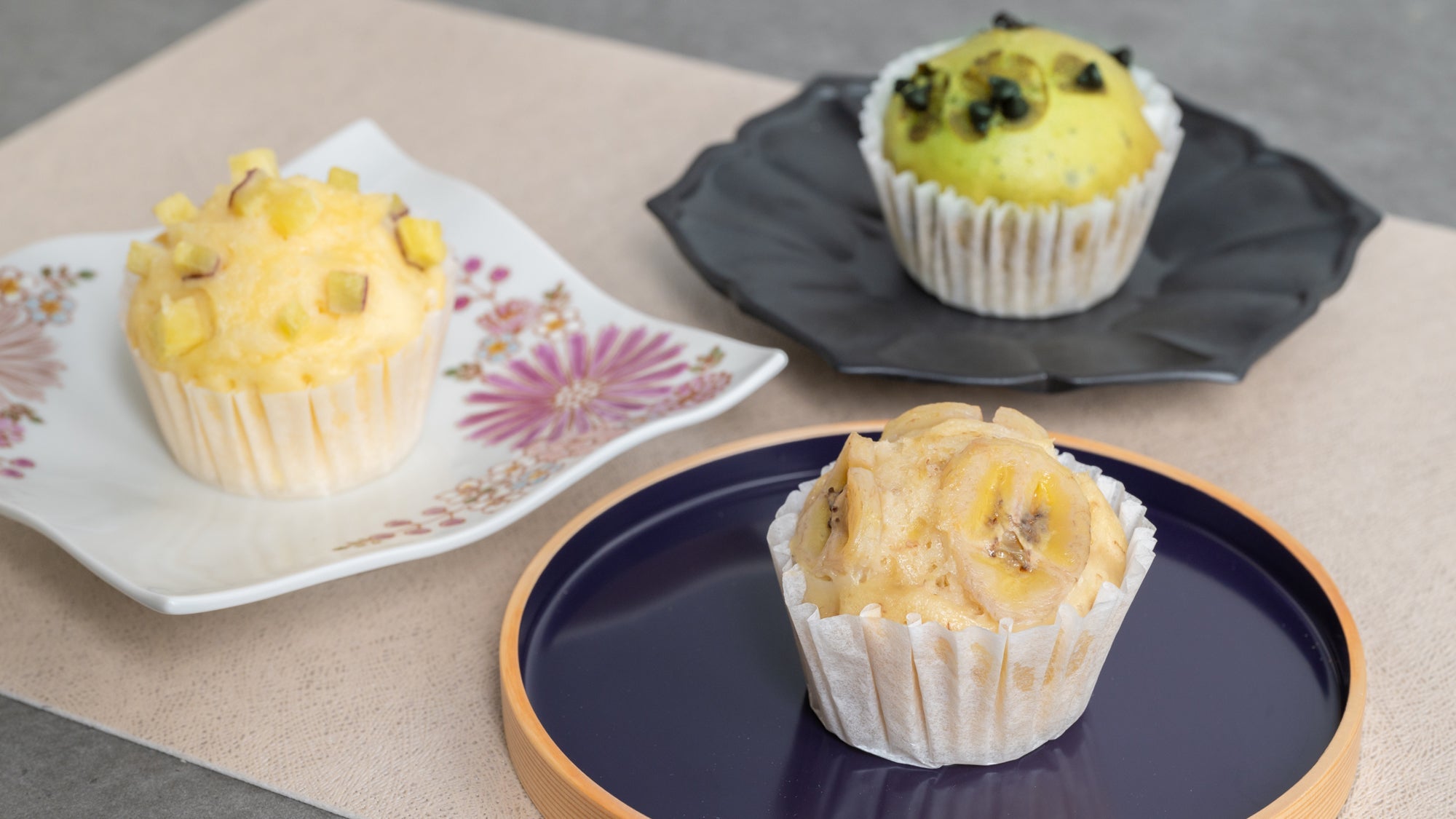
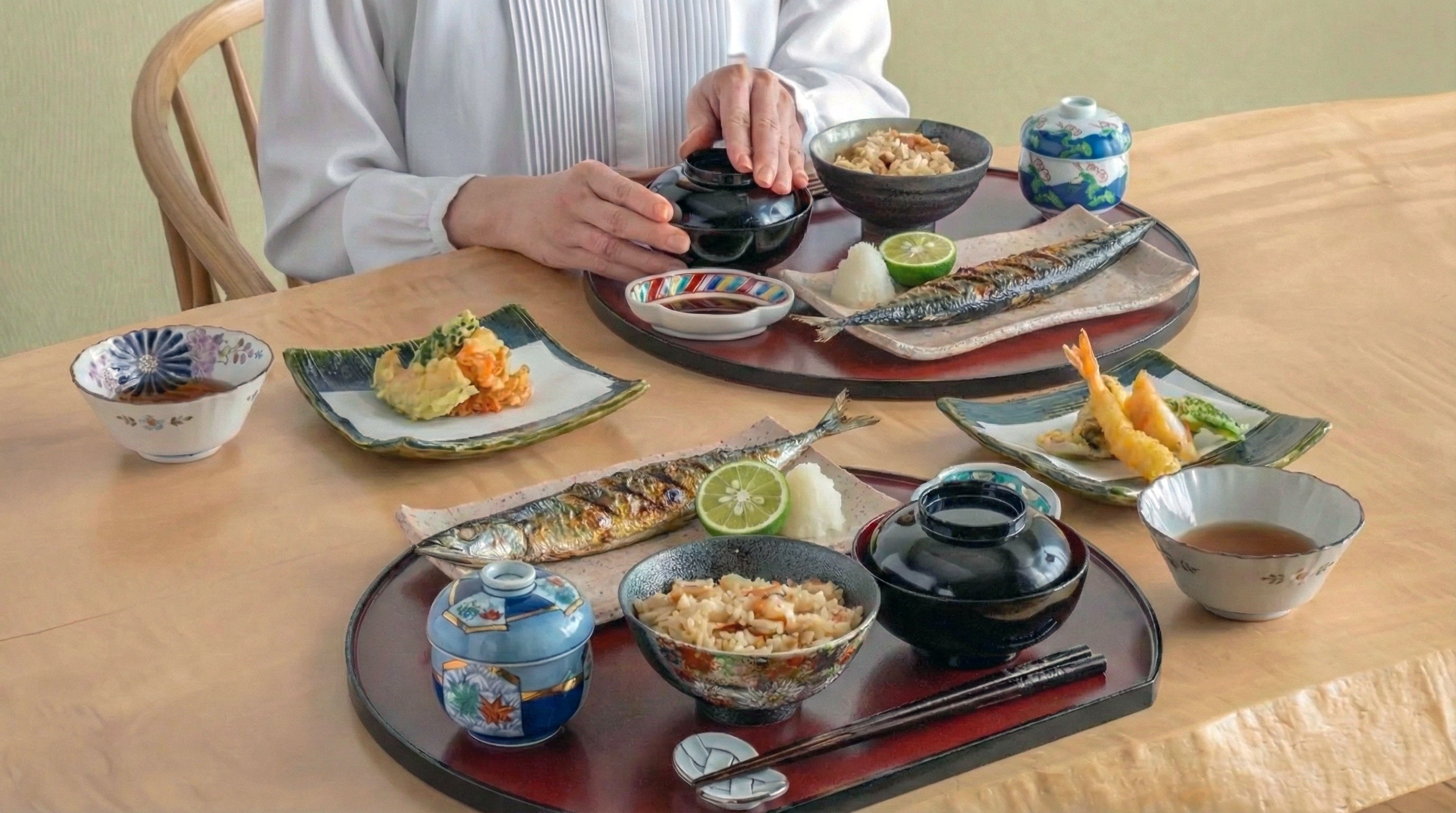
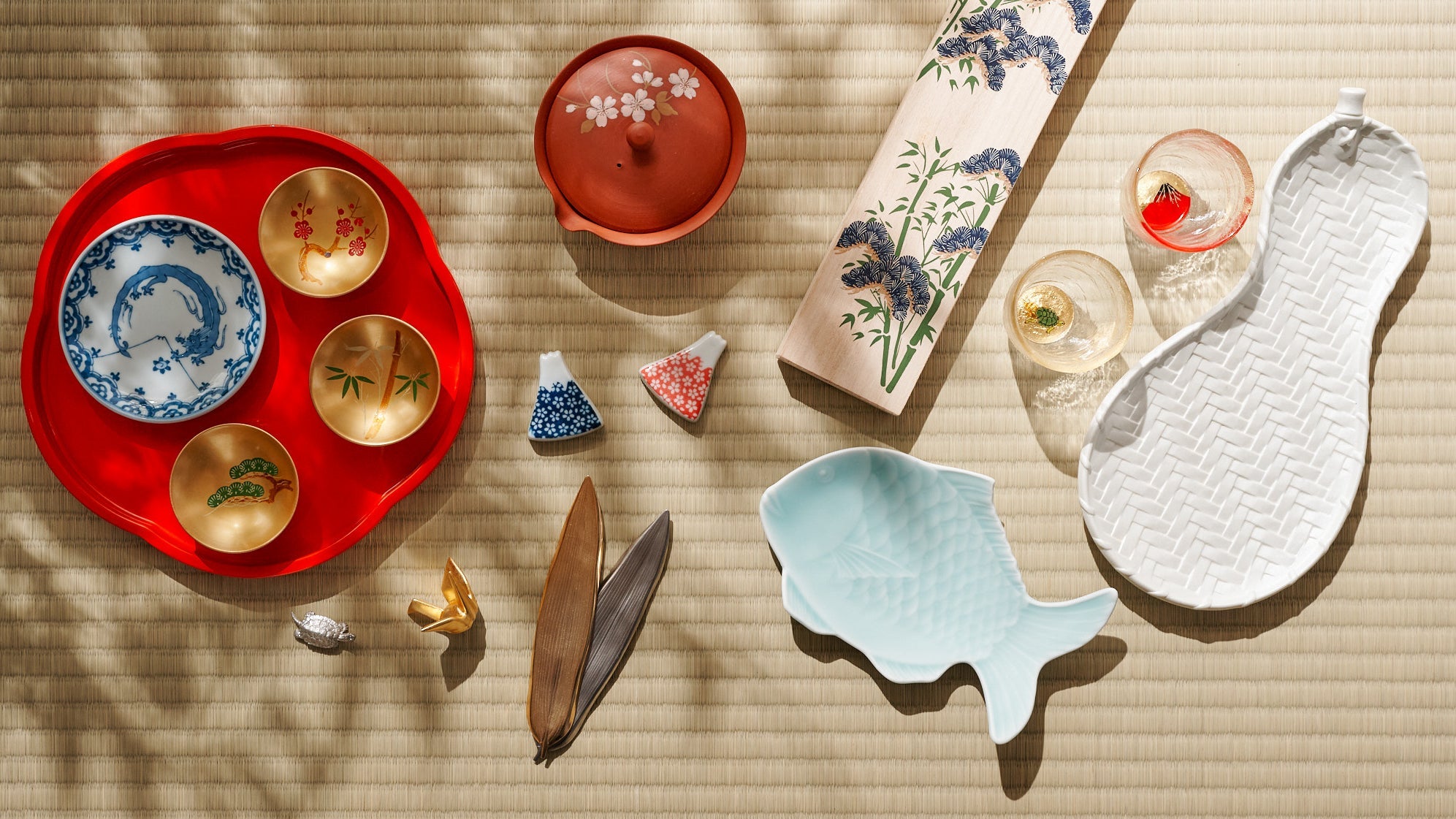
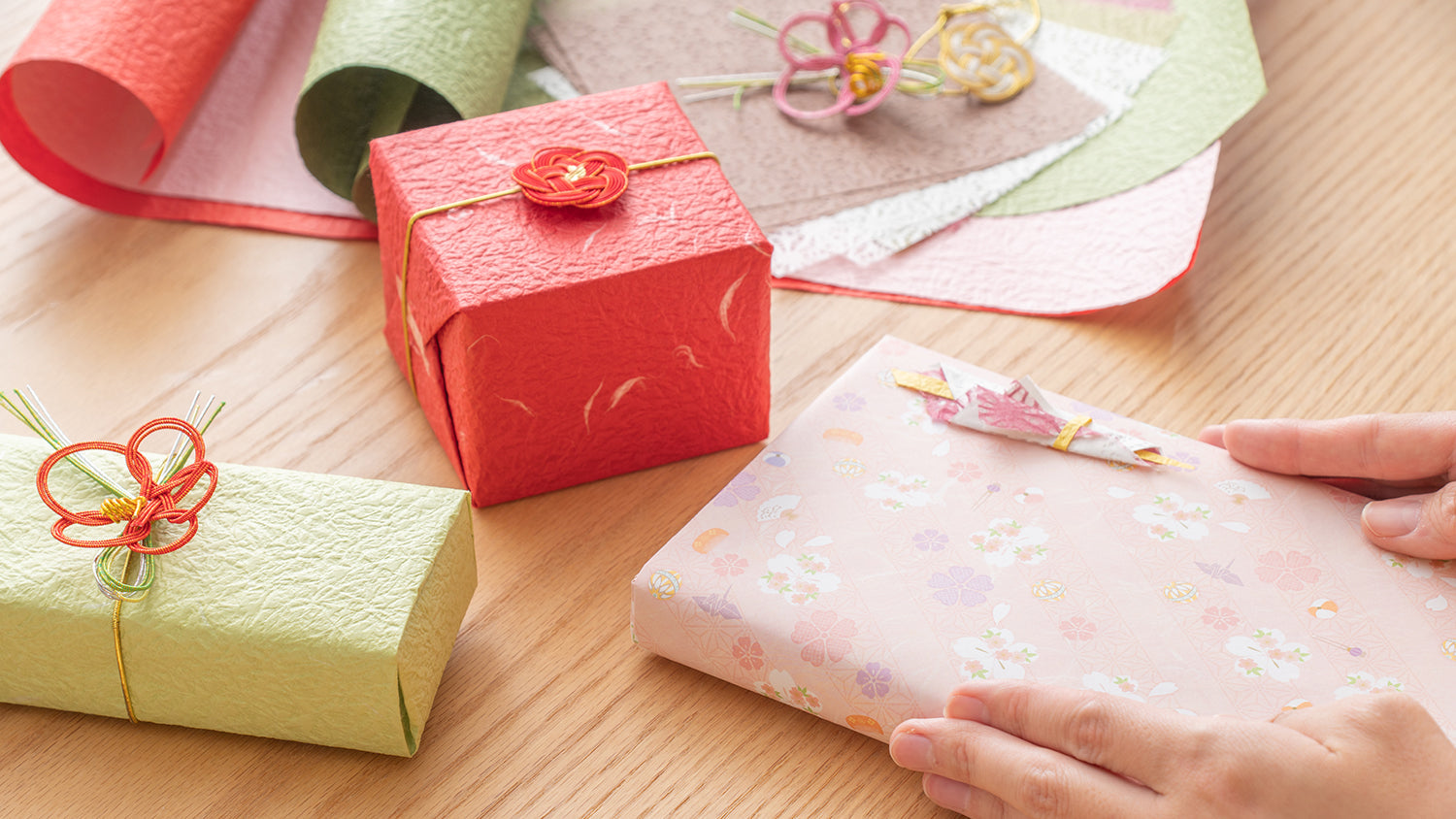
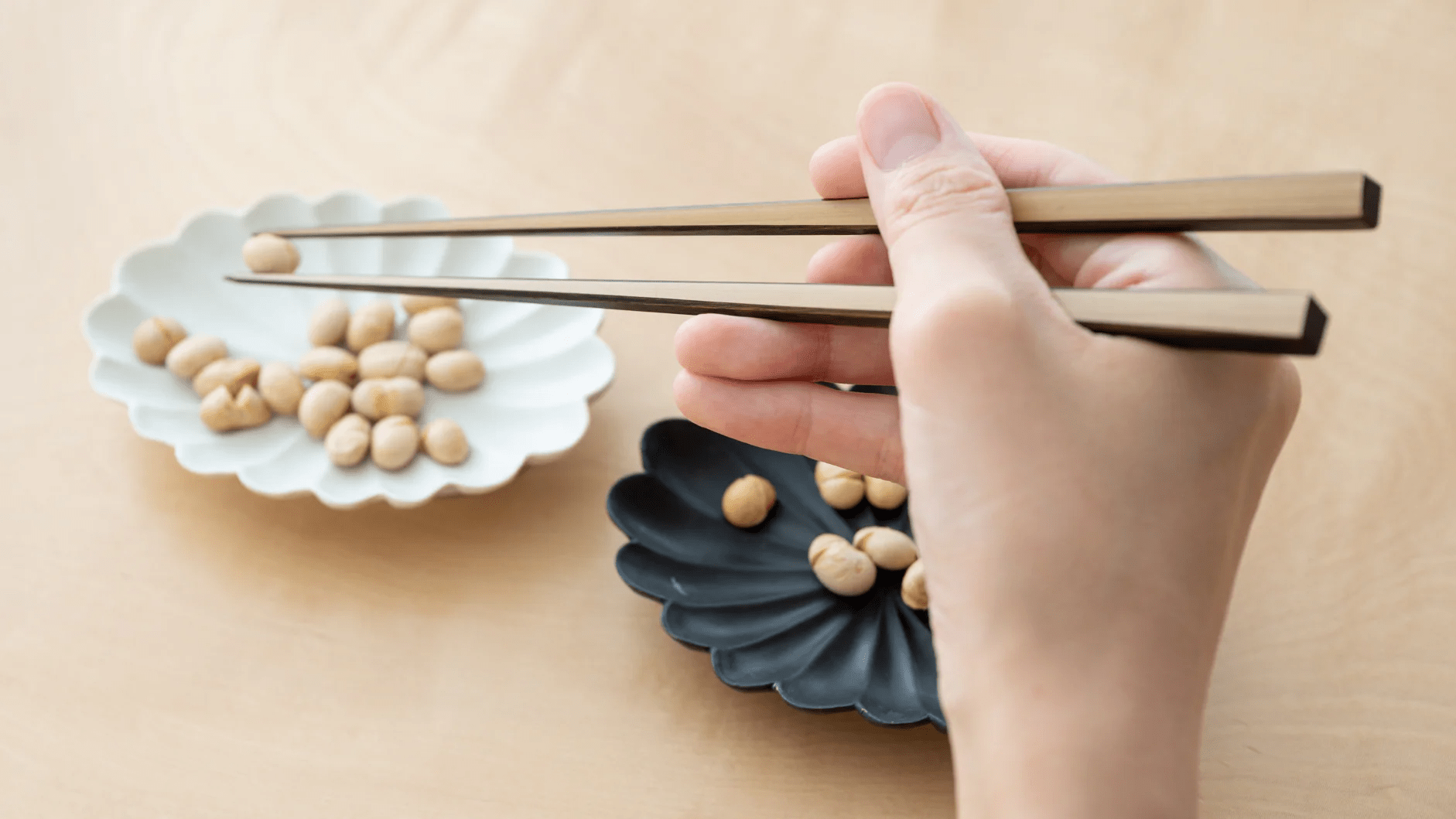
Leave a comment
This site is protected by hCaptcha and the hCaptcha Privacy Policy and Terms of Service apply.